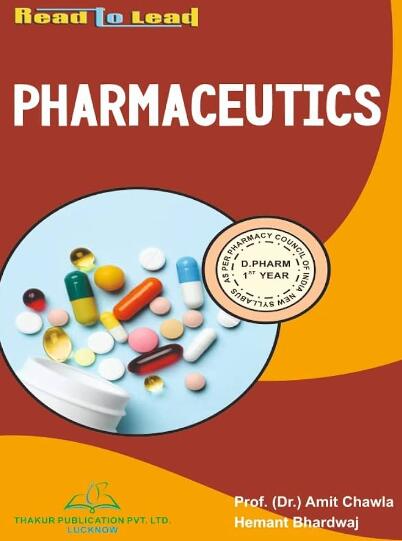Glucose Metabolism-Modifying Natural Materials for Potential Feed Additive Development
IF 4.9
3区 医学
Q1 PHARMACOLOGY & PHARMACY
引用次数: 0
Abstract
Glucose, a primary energy source derived from animals’ feed ration, is crucial for their growth, production performance, and health. However, challenges such as metabolic stress, oxidative stress, inflammation, and gut microbiota disruption during animal production practices can potentially impair animal glucose metabolism pathways. Phytochemicals, probiotics, prebiotics, and trace minerals are known to change the molecular pathway of insulin-dependent glucose metabolism and improve glucose uptake in rodent and cell models. These compounds, commonly used as animal feed additives, have been well studied for their ability to promote various aspects of growth and health. However, their specific effects on glucose uptake modulation have not been thoroughly explored. This article focuses on glucose metabolism is on discovering alternative non-pharmacological treatments for diabetes in humans, which could have significant implications for developing feed additives that enhance animal performance by promoting insulin-dependent glucose metabolism. This article also aims to provide information about natural materials that impact glucose uptake and to explore their potential use as non-antibiotic feed additives to promote animal health and production. Further exploration of this topic and the materials involved could provide a basis for new product development and innovation in animal nutrition.葡萄糖代谢--改良天然材料,开发潜在的饲料添加剂
葡萄糖是从动物饲料中提取的主要能量来源,对动物的生长、生产性能和健康至关重要。然而,在动物生产实践中,代谢压力、氧化应激、炎症和肠道微生物群破坏等挑战可能会损害动物的葡萄糖代谢途径。众所周知,植物营养素、益生菌、益生元和微量元素可改变胰岛素依赖型葡萄糖代谢的分子途径,并改善啮齿动物和细胞模型的葡萄糖吸收。这些化合物通常用作动物饲料添加剂,其促进生长和健康的能力已得到充分研究。然而,它们对葡萄糖摄取调节的具体作用尚未得到深入探讨。本文的重点是葡萄糖代谢,旨在发现治疗人类糖尿病的非药物替代疗法,这对开发通过促进胰岛素依赖型葡萄糖代谢来提高动物表现的饲料添加剂具有重要意义。本文还旨在提供有关影响葡萄糖吸收的天然材料的信息,并探讨其作为非抗生素饲料添加剂促进动物健康和生产的潜在用途。对这一主题和相关材料的进一步探讨可为动物营养方面的新产品开发和创新奠定基础。
本文章由计算机程序翻译,如有差异,请以英文原文为准。
求助全文
约1分钟内获得全文
求助全文
来源期刊

Pharmaceutics
Pharmacology, Toxicology and Pharmaceutics-Pharmaceutical Science
CiteScore
7.90
自引率
11.10%
发文量
2379
审稿时长
16.41 days
期刊介绍:
Pharmaceutics (ISSN 1999-4923) is an open access journal which provides an advanced forum for the science and technology of pharmaceutics and biopharmaceutics. It publishes reviews, regular research papers, communications, and short notes. Covered topics include pharmacokinetics, toxicokinetics, pharmacodynamics, pharmacogenetics and pharmacogenomics, and pharmaceutical formulation. Our aim is to encourage scientists to publish their experimental and theoretical details in as much detail as possible. There is no restriction on the length of the papers. The full experimental details must be provided so that the results can be reproduced.
 求助内容:
求助内容: 应助结果提醒方式:
应助结果提醒方式:


